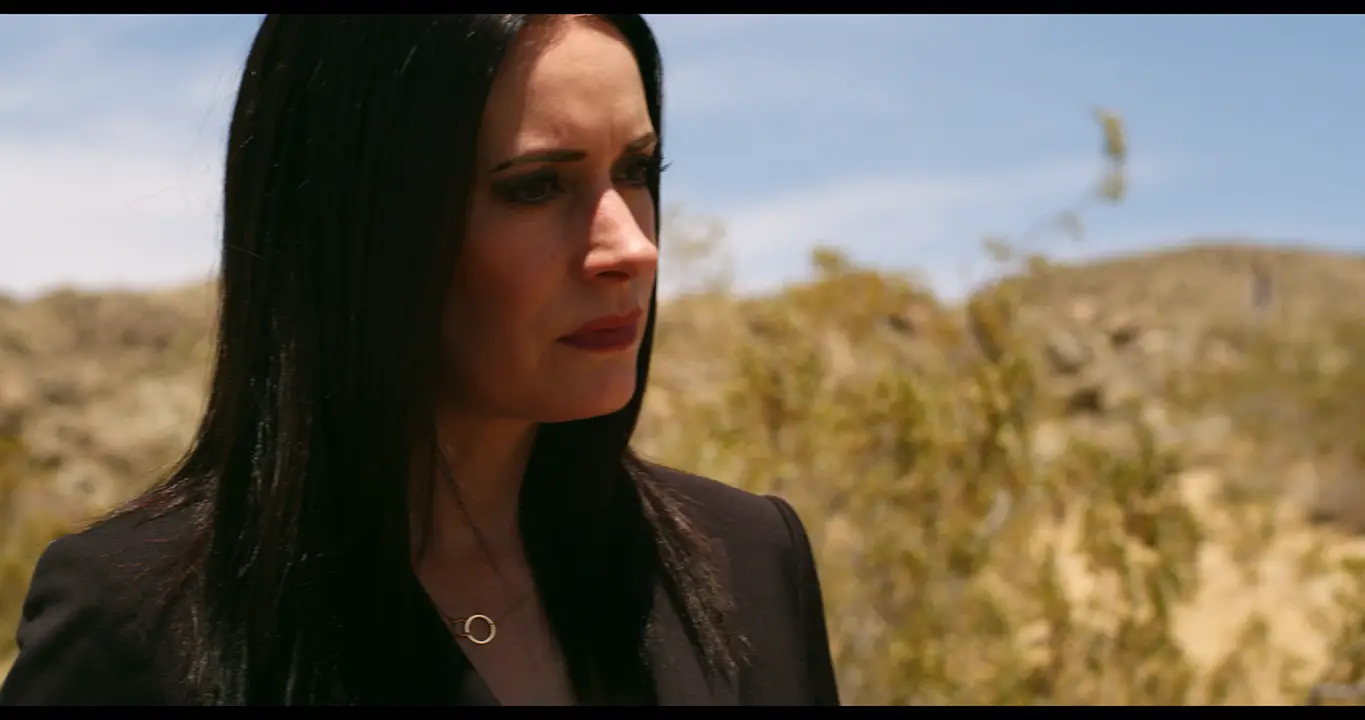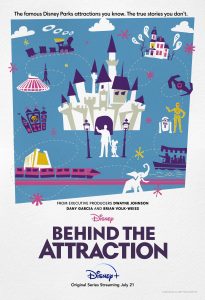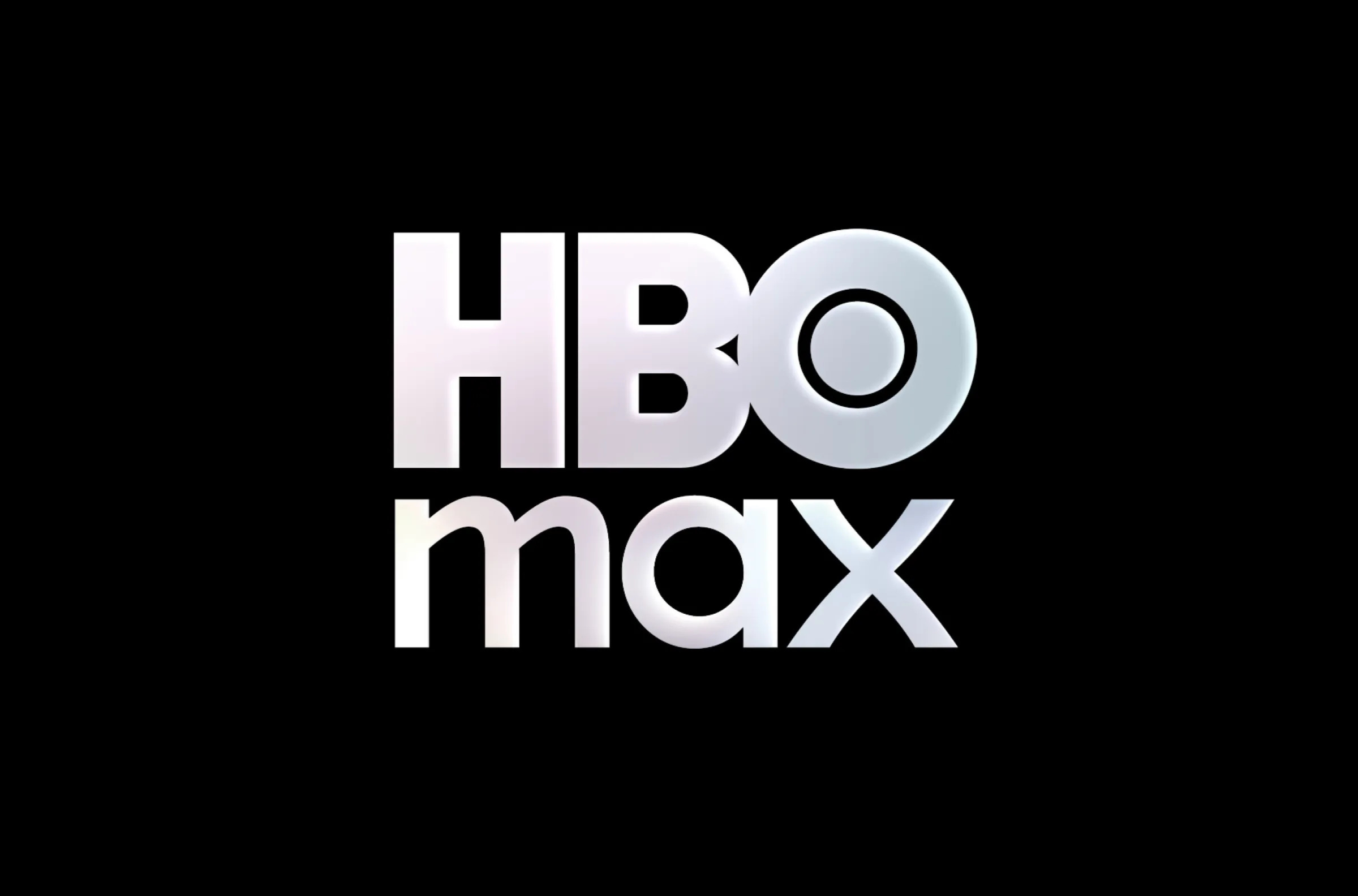
Paget Brewster spoke with Solzy at the Movies about the new director’s cut of Welcome to Happiness and touched on Behind the Attraction.
Brewster also provides the narration for the Disney+ series, Behind the Attraction. The remaining five episodes of the season were released today. The additional episodes focus on the following attractions:
- The Castles
- Disneyland Hotel
- it’s a small world
- Trains, Trams, and Monorails
- Hall of Presidents
The director’s cut of Welcome to Happiness is arriving on VOD this Friday. Do you remember what it was that attracted you to the screenplay since it’s been so many years?
Paget Brewster: Ha! I do! It was great watching the movie again because we shot it six years ago. I really liked the ideas in it. And listen, it was an indie film. My friend, Molly Quinn, who’s in the movie, sent it to me and said, “Hey, no money, indie film, you’d be great for this part. Check it out.” I read it and I was like, Oh, this is so good so I’m gonna do it. No money, no dressing rooms. I’m gonna do it. I love it. And then I sent the script on to Keegan-Michael Key and I was like, Hey, here’s an indie—Molly and I are doing it. You want to do it? Read this part. He really liked it. It’s just a quirky, unusual, fantastical, strange movie about if you can go back and change something in your past, would you, should you, can you, and what would it mean?
I just thought it was such a great idea. And then as we went, more and more incredible actors were signing on and it was really just a fun, fun job. We all really liked what we were doing and everyone had a good time. No one was a jerk. The sets were all people’s houses and apartments. It was great. I love the changes that the director, Oliver, made to the film. I don’t think a lot of people got to see it when it first came out so hopefully, they’ll be able to see it now.
I’m a fan of that cast. I don’t even think I heard of it when it first came out!
Paget Brewster: Yeah, no, I don’t know what happened. But I don’t know anything about the business side. I don’t know what happens to movies
I was looking it up after watching the film and for some reason, I just completely skipped over director’s cut when I read the email. I saw the cast.
Paget Brewster: Yeah, no, he’s re releasing it now after cutting 15 minutes from it and making it more cohesive. There didn’t used to be chapter titles. It was harder to follow because there’s so many people and so many stories. What’s ironic, fun, and kind of meta is that he now has gone back and changed the decisions he made six years ago about how to cut the movie. It’s recut and coming out again but we can pretend it never came out in the first place. This is a whole movie. Everyone’s gonna be excited.
Was there room for improv on set especially with a cast of this nature?
Paget Brewster: I don’t think we improvised but it was such a solid script. I don’t think anyone was like, Oh, I could say this better. I can make this better. We all really responded to the script the way it was. There was no improvising on my end. But the budget wouldn’t preclude that. Not having a budget meant we didn’t have air conditioning or food. We were all wearing our own clothes and shooting at each other’s apartments.
As indie as indie gets!
Paget Brewster: Yeah but this was a good one. Sometimes, they’re terrible! First-time director, indie film—sometimes it’s bad and this one, I think, is really good.
What do you typically look for in a character while you’re reading a screenplay?
Paget Brewster: When I’m reading a screenplay, I’m really more focused on does the whole idea work? Does it make sense and is there a story to follow? Is there something to think about? For a character, I don’t know.
I did one indie film that I really like called The Witch Files and that part was written for Ray Wise—who’s, I want to say, 70-something—Laura Palmer’s father from Twin Peaks. He’s a grizzled—I love the guy. I’ve worked with them. I played the part that was written for him so it was playing a police officer in rural Maine. I grew up half of the time in Maine and I thought, Oh, yeah, I want to do this. I want to go be a cop in Maine but the part was totally different. I just do it the way I would do it and if I get hired, I get hired.
I don’t like crying a lot. I wouldn’t want to do a movie where my kids were dead. I think that’s just not for me. I’m not good at crying. Unfortunately, I’m not good at screaming and all I want to do is be in a horror film and die in a horror film. I never get cast in them because I can’t scream. There are regrets—there are professional regrets.
When you’re working on a series, how did you decide which projects to tackle during the hiatus?
Paget Brewster: When I was on Criminal Minds, which was my longest running show, those days were so long, I just did not work. Hiatus was two months. Criminal Minds would be 10 months of 14-15 hours a day. I just needed a couple months off so I wouldn’t work in hiatus. Other people are very ambitious and they’re go-getters. I just wanted to stay home, drink wine, and cook. I don’t typically—if I’m on a show—do much during hiatus but it’s always what is the script? Where does it shoot? Who’s in it? Have I worked with anyone here before? Do I like the character? Do I like the idea? You have to ask yourself a bunch of questions before you take something on.

I watched Behind the Attraction last month and thought your narration was very hysterical.
Paget Brewster: Oh, thank you! I’m glad you like it. That was a crazy, crazy thing. That was all I did for two months a few months later in the pandemic—just recording narration for that. It was great. It was so much fun. It was the only way to see anyone else on Zoom and go through and do the narration for each episode of all the rides. I’m glad you saw it. Oh, I’m glad you didn’t think I stunk. Thank you.
Compared to previous roles where you’re probably in a booth or something for the voice acting, what was it like to record lines over Zoom?
Paget Brewster: There were a lot of technological problems. Obviously, we had them today. Sometimes, Zoom just craps out, there’s an echo, or people’s mail is going off. It was just so exciting to talk to other human beings and have a job when it was a scary time and like what is going to happen and people are dying and it was sad and confusing. I was really thankful. In recording, there would be a delay. I would say a line two or three times and then wait and see if the director heard it. And then he would come back and say, Okay, do this and then go up at the end of this word and do it again. It took a while but it ended up being really fun. I don’t know how to explain it. It was kind of a lifesaver at a dark time.
For someone who has pretty much been hunkered down in Chicago since coming back from Sundance last year, it’s nice to take a vacation in a way without actually traveling.
Paget Brewster: Yeah, I feel for you and Chicago, too. It’s not like you can run around outside like it’s Los Angeles, put on a pair of shorts and go for a jog around the neighborhood—not in the winter! You okay?
During the summer, for a while, they took away the lake from us.
Paget Brewster: Oh, I didn’t know that.
Because early on in the pandemic, there was a nice day in March and so many people were crowding around the lakefront. Mayor Lightfoot’s like, Nope, can’t do that!
Paget Brewster: Yeah. Wow. But at least you can work and see people through Zoom even if it craps out sometimes!
I’ve had quite a bit of interview opportunities, either Zoom or phone. It was like my only social life there for a few months.
Paget Brewster: Yeah, same here.
What do you enjoy about voice acting compared to live-action?
Paget Brewster: You don’t have to worry about, Oh, do I like my hair, I gotta hit the mark, I can’t put a shadow on that guy’s face. It’s just a totally different thing. With voice acting, you really have to give everything in the sound and the intention. It’s kind of like pure acting because you don’t have to worry about external stuff. You really have to feel each line or becomes super angry or hysterical or frightened. It’s really just specific to the voice so I love it. But I love being on camera, too. I’ve just been lucky to be able to keep getting away with this and doing all of it. I’m happy to work in any form it comes and they’re just all different.
If the opportunity presented itself, is there a voice role that you’d love take on in live-action?
Paget Brewster: Oh my gosh, I’ve never even thought of that. I’ve never even thought of that. I guess—it’s taken though. Cruella de Vil would have been fun. Part of that voice from the original Disney movie was based on Tallulah Bankhead and I just played Tallulah Bankhead last year in Hollywood, the Ryan Murphy series. That would have been fun. But I mean, they keep making—Glenn Close and Emma Stone are Cruella de Vils already so I can’t think of anything. I want to play a witch. What’s a good crazy witch part? They wouldn’t remake The Wizard of Oz. There’s no point in doing that. But that would be—I liked her. Margaret Hamilton.
Do you ever think about what life would be like if you pursued design rather than acting?
Paget Brewster: I never think of that. No. I failed out of Parsons School of Design. I never think about what my life would have been like if I went in another direction. I think maybe because I just feel so fortunate that I get to do this. Like, ah, you know what, though? You know what though? I did like hosting a talk show. I did a talk show in San Francisco. That’s how I got my agent in Los Angeles. I really liked hosting a talk show. That was fun. But I don’t know what that would be like now—like being on The Talk or something. I don’t know—it seems so seems like it would be so hard. It was fun when I was 25.



